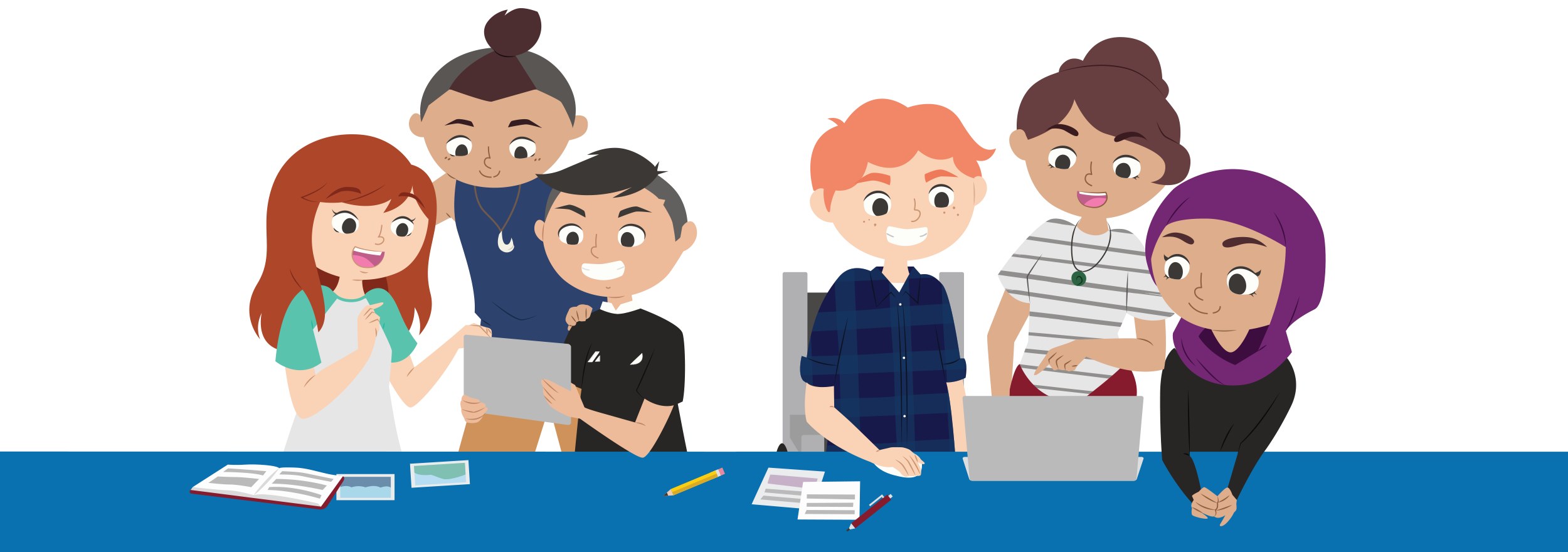Mana in Māori society
This entry has websites to help you understand the different meanings of mana and its importance in political, social and traditional relationships in Māori society.
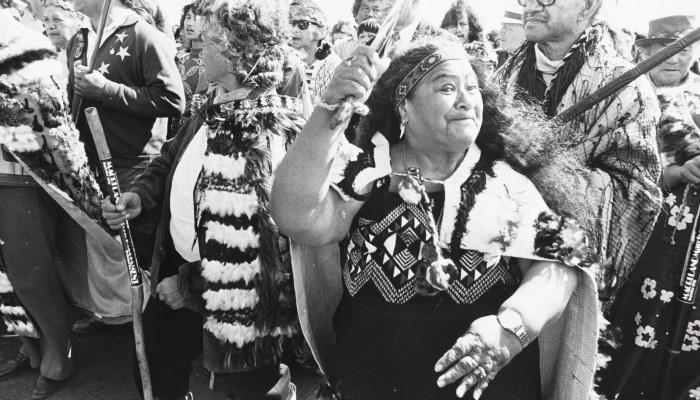
Image: Participants in the Land March crossing the Harbour Bridge, 1975 by the New Zealand Herald. Collection: Auckland Libraries Heritage Collections 589-0307.
Keywords
Below are examples of keywords related to mana in Māori society. Use this list when searching the collections and websites in this entry.
Hākari: Feast, banquet or celebratory meal.
Kaihaukai: A feast given by one iwi (tribal) group to another, with the expectation that the feast would be repaid. Food giving or food exchange was a common practice between iwi.
Mana atua (god, spirits): Sacred or spiritual power from the atua (gods or spirits).
Mana Māori Motuhake: Self-government, independence, and self-determination by Māori. Mana Motuhake was also the name of a political party.
Mana moana: Power or authority over the sea and lakes.
Mana o Te Tiriti: Power and authority of Te Tiriti o Waitangi.
Mana tūpuna (ancestors): Power, or authority inherited by descent.
Mana tangata (people): Authority of the people. It can also mean power or status gained by leadership, or strength of character.
Mana whenua: Refers to Māori as indigenous people of the land. It can also mean the power and authority of the people of the land.
Ngā reta Māori: Letters in te reo Māori.
Nunuku's Law: A famous Moriori chief established a law of peace, that banned war and killing of people.
Peaceful resistance: In the 1860s Te Whiti-o-Rongomai and Tohu Kākahi used non-violent resistance against the colonial government's move to occupy Māori land in the Taranaki.
Rangatira: Role of mana held by a Māori chief or leader.
Protest movements: Peaceful Māori protest movements at Bastion Point and Ihumātao.
Tohunga: Role of mana for an expert in a particular field. For example, an expert in tattooing (tā moko) was a 'tohunga tā moko'. Priests were also known as tohunga.
Whina Cooper: Leader of mana and Māori activist. Best known for leading the 1975 hīkoi (march) to Parliament.
Tips: Before searching it can be useful to come up with a list of words to use. These are sometimes called keywords or search words. They can be the name of a person, place, or event you are researching. You can leave out small words like ‘the’ and ‘of’ and just choose the main ones, eg 'mana whenua'. We can always change our keywords or add more if we need to.
Tips: Also keep in mind that there are different names or spellings for words. Or they could have changed over time.
Auckland resources
Here are some collections from Auckland Libraries and other reliable Auckland based museums and heritage websites. They will help you find books and information on mana in Māori society.
Auckland Libraries Catalogue
This catalogue from Auckland Libraries will help find books on Aotearoa New Zealand and Auckland's histories.
Search the catalogue using keywords like ‘mana motuhake ’ or 'Māori peaceful resistance’.
You can get fewer results by using the filters under Refine by.
Select a book that interests you.
Go down the page to Edition information to check if the book can be borrowed or if it’s for In library use only.
Look further down the page to Related Resources to find other titles related to this search.
If you have an Auckland Libraries library card you can request the item to be sent to your local library.
Tips: If the status of the book is 'In library use only', it means the book can only be used in the library and can't be taken home. In this case, you will need to fill out a form or speak to a librarian about reading the book in the library.
Tips: You will find lots of books that have been written over 50 years ago. While they are good sources of information, we need to remember the context and time when they were written.
Kura — Photographs
Browse photographs, illustrations and works of art from the 1800s to the present day.
Use the search box to enter the search word 'Rangatira'.
View the image Lindauer portrait of Wahanui Reihana Te Huatare.
Try other keywords like 'koha' and 'tohunga'.
Tips: Always remember to check the copyright or usage rights of images. This will tell you if you need permission to use the image, and how to attribute the image.
Heritage et AL
The Heritage et AL blog is written by librarians and is a useful way to find information about Auckland Libraries heritage collections.
Use the search bar to enter keywords like 'mana whenua'.
Read the blogs Understanding historic Māori fluidity within Ngāti Te Ata Waiōhua and Pukekiwiriki Pā Historic Reserve.
In the same way, use the keywords 'ngā reta Māori' to find Kīnaki: Ngā reta Māori, an exhibition of nineteenth century letters in te reo Māori.
Tips: Blogs can be good for looking at how things have continued or changed over time. Remember, stories can be told in different ways so it’s helpful to look at multiple information sources to find different perspectives.
Auckland Libraries - YouTube
The Auckland Libraries YouTube channel has many videos about Auckland’s heritage, recordings of library events, conversations with authors, talks, stories, activities, music and more. Some of the talks are delivered by historians on their specialist subjects.
Search within the YouTube channel by using the search feature under the channel name.
Try the keywords 'rangatira' to find the video Apihai Te Kawau, about the Ngāti Whātua rangatira.
The keywords 'mana atua' will help you find the video Matariki [Ngā mata o te ariki, o Tāwhirimātea: The eyes of the god, Tāwhirimātea].
Tips: You will find a huge selection of videos on YouTube. We recommend you view videos from reliable sources like National Geographic, History Channel, BBC etc. These are official channels from organisations.
Tāmaki Paenga Hira - Auckland War Memorial Museum
This is one of New Zealand's significant heritage libraries. It has pictorial and art, Māori and Pacific, natural, social, and history collections. It is a great place to visit and check out exhibitions and galleries about topics involving Aotearoa New Zealand's histories.
Go to the top of the page then enter the keyword 'mana whenua'.
From under the tab Web, select Stories.
Read the story A Personal Story of Sandi Ringham, descendant of Ngāti Kuri, and her whānau.
Then, try another keyword like 'protest movement' to find the story Bastion Point / Takaparawhau.
Tips: Museums preserve and exhibit important cultural, artistic, historical or scientific artefacts. Some store personal collections. A lot of them have online collections and articles based on these collections.
Auckland War Memorial Museum - YouTube
This is the official YouTube channel of the Auckland War Memorial Museum, one of Aotearoa New Zealand’s finest heritage museums.
Start searching the channel with the words 'mana whenua'.
Watch the videos Margaret Kawharu of Ngāti Whātua and Morehu Wilson of Ngāti Paoa.
Tips: Lots of Museums (Te Papa Tongarewa and Auckland War Memorial Museum) have their channels on YouTube. The videos are put together by experts and are a great way of learning first-hand about history, culture and special collections held in a museum.
Remuera Heritage
The Remuera Heritage was established in 2007 to recognise, protect, and preserve Remuera's natural and cultural heritage.
Go to the tab called Exhibitions from the top of the page.
Look down the page for The Great Māori Feast at Remuera.
Use the link to the StoryMap to find more images and read more about the hākari hosted by tangata whenua Ngāti Whātua and the reason for the event.
Tips: Local heritage sites are a great way of learning about the local history and culture of a particular area as they have stories that connect the past with the present.
General New Zealand resources
The websites below belong to government agencies, national museums, archives, libraries, and other reliable sources. They will help you find information on the importance of mana to Māori in their political, social and economic relationships.
Te Ara: The Encyclopedia of New Zealand
Te Ara is an excellent starting point for all questions about Aotearoa New Zealand. If we look down to the bottom of the page, we can see that the website belongs to the Ministry for Culture & Heritage, so the information is well-researched and reliable.
Use the word 'mana' in the search box.
Check out the links Roles and mana and Mana, tapu and mauri.
You will find lots of information on mana and the daily life of Māori.
The link Moko and status explains the relationship between moko and mana.
Again use the search words 'Nunuku's Law' to find the page Moriori that explains Nunuku's Law and how it came about.
NZ History
NZ History is a great website for information about Aotearoa New Zealand. If we go all the way down the page we can see that the website belongs to the Ministry for Culture & Heritage, so the information is well-researched and reliable.
Use the search box at the top of the page to enter the keyword 'mana'.
You will find a link called Māori values and practices.
It has information on how mana, tapu and utu are connected.
Tips: We like sites like this because they’re reliable. You can tell because of their web address – they have either .govt or .ac, meaning they are from government or educational organisations. They’re also New Zealand sites, so relevant for us.
Science Learning Hub
This website is great for science topics for New Zealand students. It has articles, activities and videos and was put together by the University of Waikato and Curious Minds (NZ).
Enter the word 'mana' into the search box.
Explore the article Kaitiakitanga and mana whakahaere.
Read about the meaning of mana whakahaere and the rights of local iwi.
Then explore Te mana o te awa to understand the mana of a river.
Tips: Not sure what Māori word means? You can use the Te Aka Māori Dictionary or Paekupu to search for the meaning.
Aotearoa History Show
This video podcast from Radio New Zealand tells the story of Aotearoa New Zealand from when the land was formed to today.
Look through the episodes for Season 2 Ep 7: Moriori.
You can either listen to the podcast or watch it as a video.
You will hear about Nunuku's law of peace.
Tips: Websites that have .com or .co in the address can have good information, but you need to assess how reliable it is. Check the About us link on the website, if you can find one. That can tell you what the company’s mission and values are.
Topic Explorer (National Library)
Topic Explorer is an online tool from the National Library of New Zealand. It has a wide range of quality resources for students in different formats (eg articles, books, images, videos, primary sources, sets, and websites) on various topics. Resources are selected from reliable national and international sources.
Go to Explore all topics.
Look at Māori Land March 1975.
Books
You can also visit your local public library for books on Auckland and Aotearoa New Zealand histories. Listed below are a few titles to help you with your search for books on this topic:
Mana Maori: the power of New Zealand's first inhabitants by Fanny Wonu Veys
Kia kaha: a storybook of Māori who changed the world by Stacey Morrison and Jeremy Sherlock
Bastion Point: 507 days on Takaparawha by Tania Kelly Roxborogh
Hīkoi: forty years of Māori protest by Aroha Harris
Parihaka: The art of Peaceful resistance by John C Hinchcliff
SCIS no: 5496693
More about Auckland
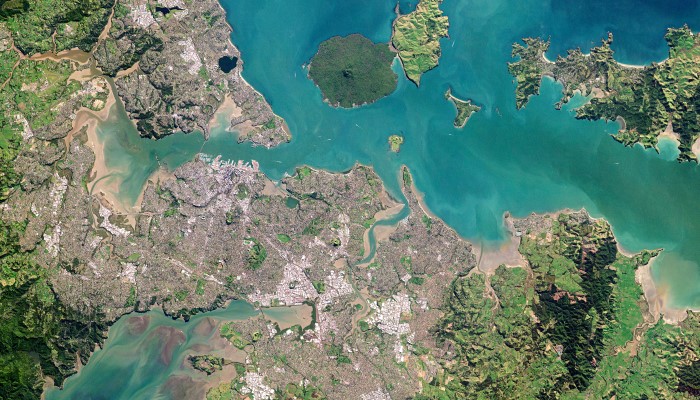
Local iwi
There are many iwi with ancestral relationships to Tāmaki Makaurau. This page lists iwi and websites which have information about their histories.
Learn about local iwi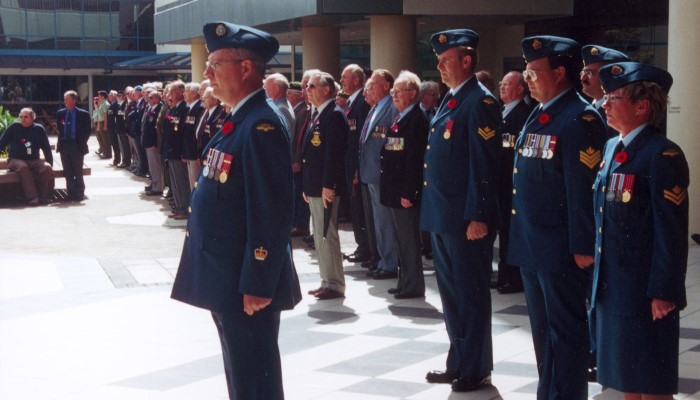
Changing views on conflict
This entry recommends resources to find out how New Zealand's involvement and views of conflict have changed over time, and how wars are commemorated. It also looks at New Zealand's work with the United Nations and current ideas of national identity.
Learn about changing views on conflict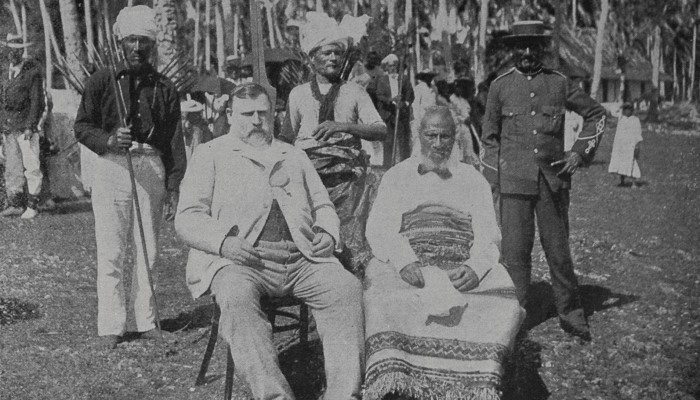
Colonial power in the Pacific
This entry has collections and websites to help explore the history of New Zealand's presence and colonial power in the Pacific. It has examples of the rise of independent Pacific nations and how they sustained their culture and presence in the Pacific.
Learn about colonial power in the Pacific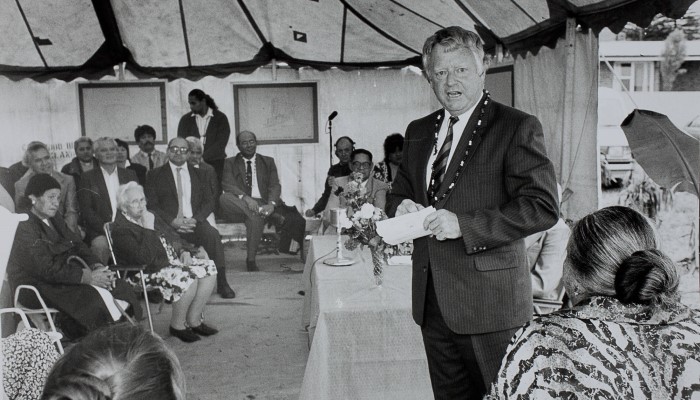
Decolonising the Pacific
This entry will help you find the best websites and collections to explore the decolonisation of the Pacific, including Aotearoa New Zealand's continued interests in the region.
Learn about decolonising the Pacific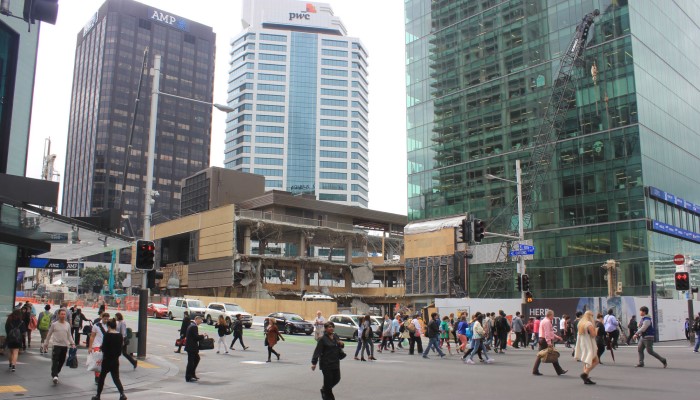
Economic independence and vulnerability
This entry will help you find information about the history behind Auckland's economic progress and independence, and the factors that impacted it.
Learn about economic independence and vulnerability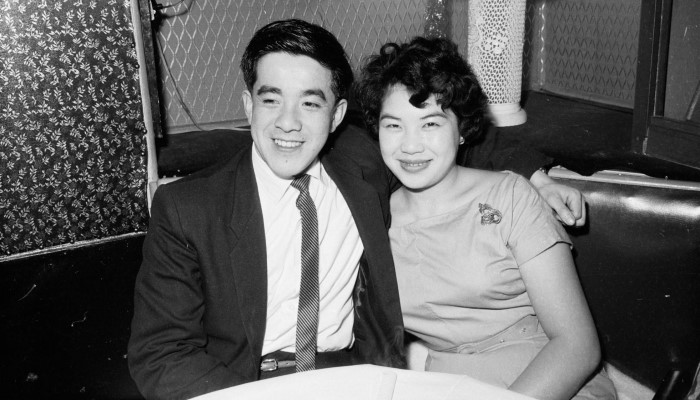
Finding a place in Aotearoa New Zealand
Since the 1700s, new people have immigrated to Aotearoa. Some came in search of a better way of life or because their country was no longer safe. Newcomers could experience racism and discrimination. They also helped shape New Zealand as a country.
Learn about finding a place in Aotearoa New Zealand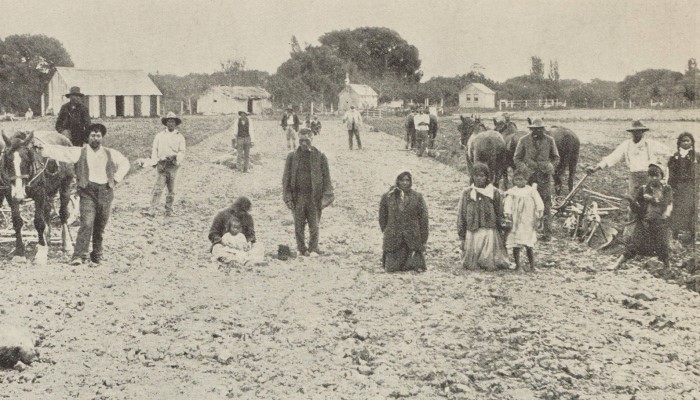
Māori economy: opportunities and challenges
This entry will help you find the best websites and databases that explore the history and development of the Māori economy including the challenges Māori faced from the New Zealand Wars, land sales and decisions made by the Native Land Court.
Learn about māori economy: opportunities and challenges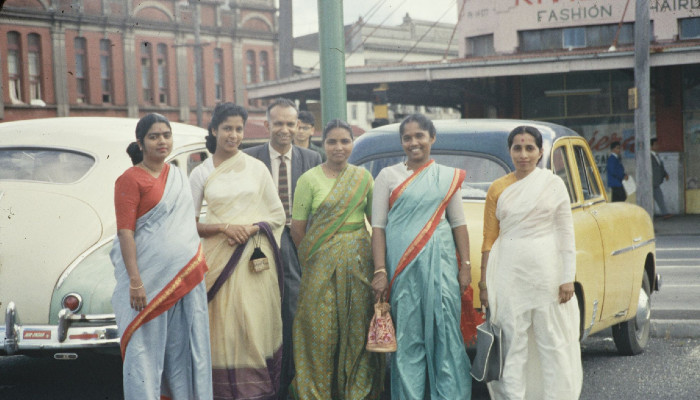
Peopling the colony: inclusion and exclusion
This entry recommends places to find information about the history of immigration to Tāmaki Makaurau and New Zealand. This includes immigration laws and changes, the role of Māori in immigration, and the government's attempt to set right past injustices.
Learn about peopling the colony: inclusion and exclusion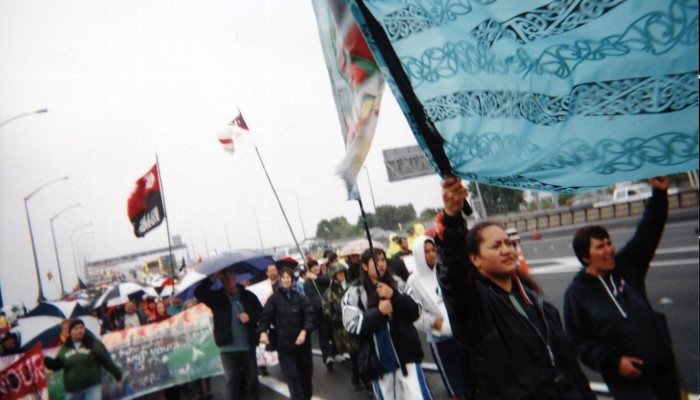
Sovereignty vs rangatiratanga: wars, laws and policies
This entry recommends websites where you can find information about the impacts of land laws on Māori, the New Zealand Wars, and attempts by Māori to find justice and build a relationship with the Crown.
Learn about sovereignty vs rangatiratanga: wars, laws and policies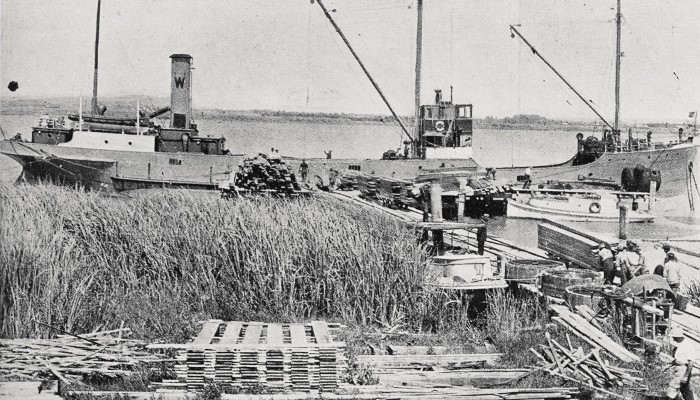
Technology and economic development
This entry will help you understand how advances in technology and land acquisition developed Auckland's economy but greatly impacted Māori and their economy.
Learn about technology and economic development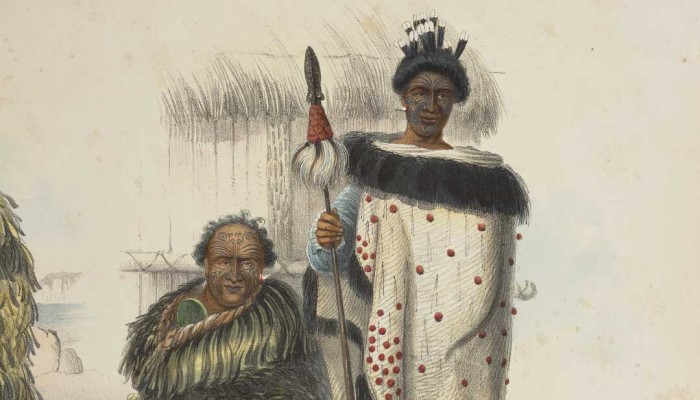
Te Tiriti o Waitangi
This entry recommends websites and collections to find information about He Whakaputanga o te Rangatiratanga o Nu Tireni | The Declaration of Independence and the Treaty of Waitangi | Te Tiriti o Waitangi, their significance, and the signatories.
Learn about te Tiriti o Waitangi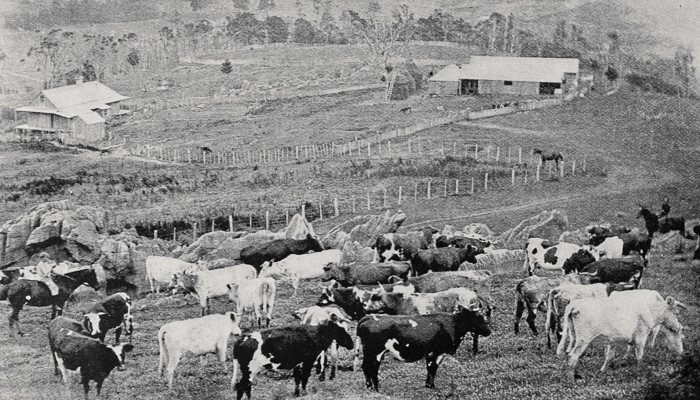
Transforming environments
This entry explores changes made by settlers to Aotearoa's natural environment, their naming of places and features, and efforts to conserve and restore its natural beauty.
Learn about transforming environments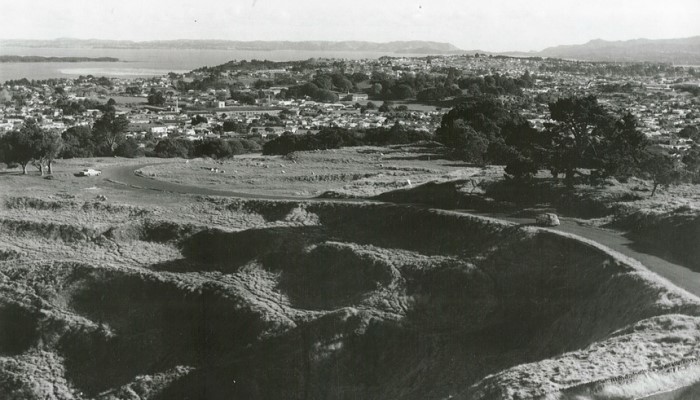
Transforming te taiao
This entry will help you find information on the changes made to the environment by pre-European Māori, and their care and connections to te taiao (the natural world).
Learn about transforming te taiao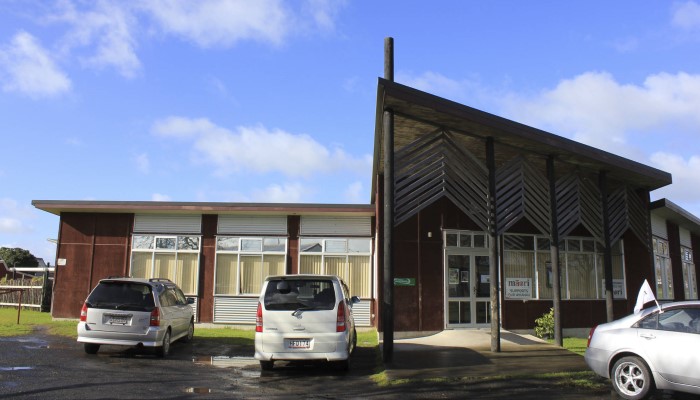
Urbanisation and being Māori
This entry will help you find information about Māori migration to cities, their challenges, and what this meant for their identity as Māori. You will also find information about some protests Māori were involved in to challenge political and social ideas.
Learn about urbanisation and being Māori
